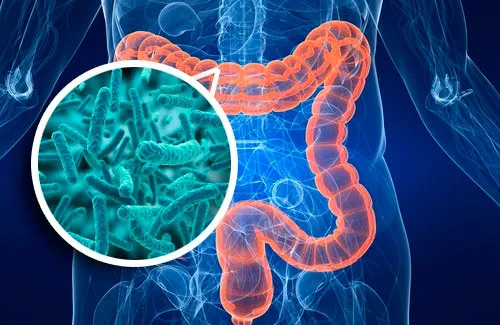According to a study, intestinal microbiota or intestinal flora could inhibit the development of type 1 diabetes.
The study headed by scientists from the Institut National de la Santé et de la Recherche Médicale (INSERM), the University of Paris Descartes and the French Center for Scientific Research (CNRS, in its acronym in French) and published in the magazine Immunity, says thatAlthough, in some cases, bacteria could cause infectious diseases, in others, these microorganisms could protect us from certain diseases.
They emphasize that to combat pathogens, the immune system has developed various mechanisms to detect, defend and even destroy microorganisms that are harmful to the body.
During the study, the researchers concentrated on analyzing a subtype of antimicrobial peptides, the catelicidins, molecules that have shown immunoregulatory skills in the face of several autoimmune diseases and that they thought could be involved in the control of type 1 diabetes.
Using an animal model, they observed that beta pancreatic cells in mice without diabetes produce catelicidins;However, this production is altered in rodents that have the disease, so they decided to inject animals as diabetes.
"Catholicidine injection inhibits the development of pancreatic inflammation and, as such, suppresses the development of autoimmune disease in these mice," said Julien Diana, the main author of the work.
Taking into account that catelicidine production is controlled by short chain fatty acids produced by intestine bacteria, scientists believe that catelicidine deficiency could be associated with diabetes.
For the authors of the study, "this research is one more proof of the role played by the microbiota in autoimmune diseases, especially to control its development."
The intestinal microbiota contains 100 billion microorganisms, including at least 1,000 different species of bacteria that comprise more than three million genes, 150 times more than in the human genome.It can weigh up to two kilograms, and only one third is common to most humans, while the other two thirds are specific in each person.




